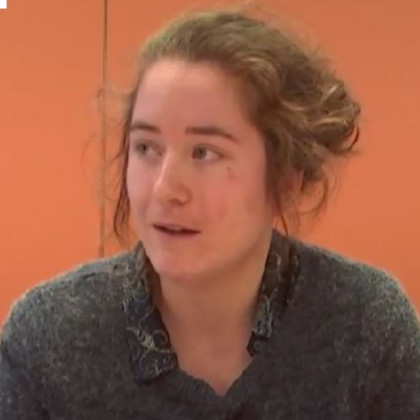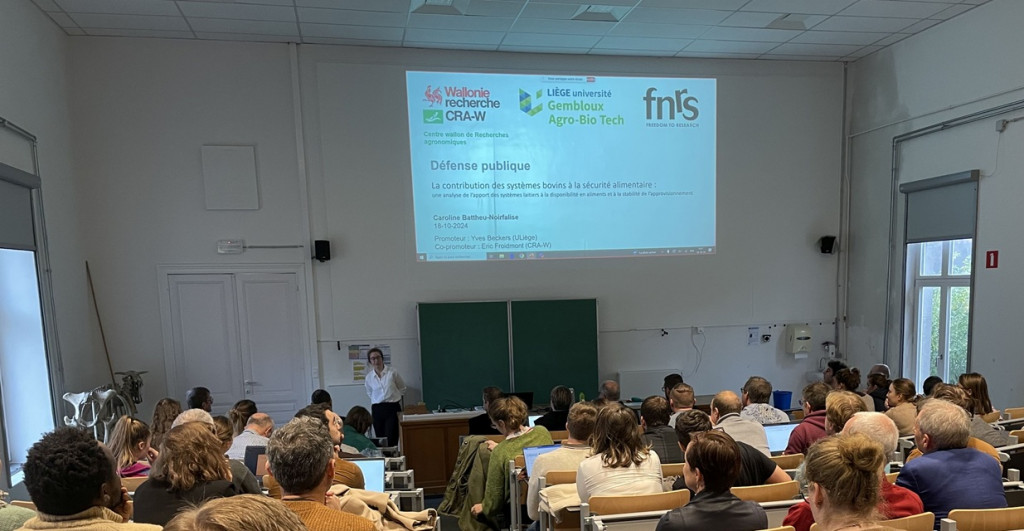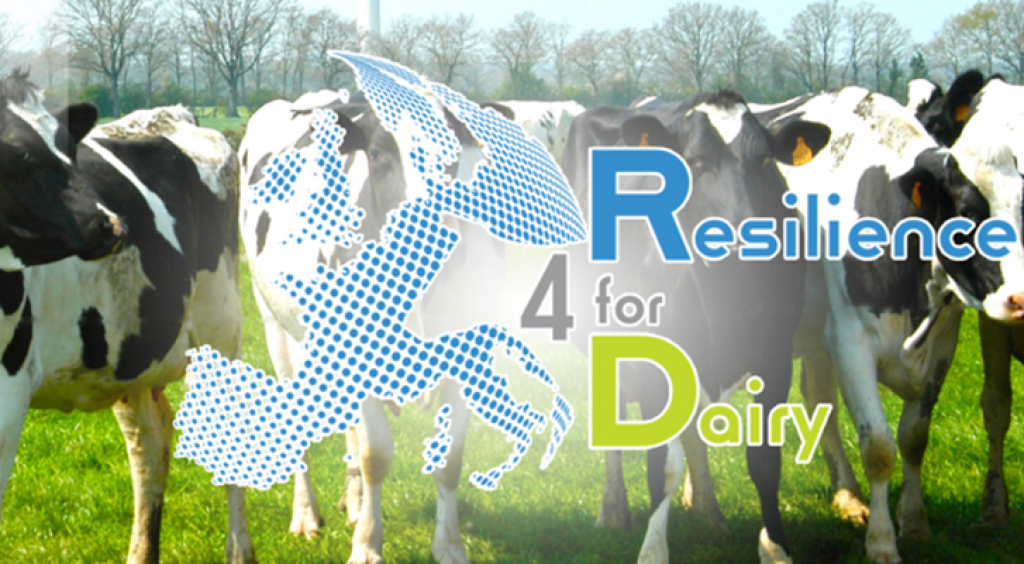Animal production systems make a major contribution to food safety by producing food rich in energy, protein, vitamins and micronutrients from resources unfit for human consumption (forage and co-products). However, they also represent a threat to food safety due to the inefficient use of human-edible food and arable land. As part of her thesis, Caroline Battheu-Noirfalise used data from farm accountancy to estimate the contribution of Walloon dairy systems to food safety, while exploring avenues for improvement.
Her work has made it possible to describe a new indicator, "net productivity", which more accurately represents the contribution of dairy farms to food safety, taking into account both the use of human-edible food and land use. It also enabled estimates of the scope for improvement in this contribution to food safety, based on the optimal use of grassland and co-products, as well as its resilience (stability over time). This work also explored the indirect contribution of livestock farming to food safety, in particular the valorisation of manure and other farmyard fertilisers to support the fertility of cultivated soils. Lastly, it helped identify farms that can reconcile their contribution to food safety with other aspects of sustainability.
This thesis highlights the importance of the efficient use of permanent grassland in contributing to food safety in dairy systems. Nevertheless, in Wallonia, farmers are losing interest in grass, and in particular grazing, due to climate change, the expansion and intensification of farms, etc. This underlines the need to review the information and support system for breeders. In particular, this work highlights the resource that data from farm accountancy represents for this purpose. This data should be better used both by the farms and the structures in charge of supporting and guiding them.




